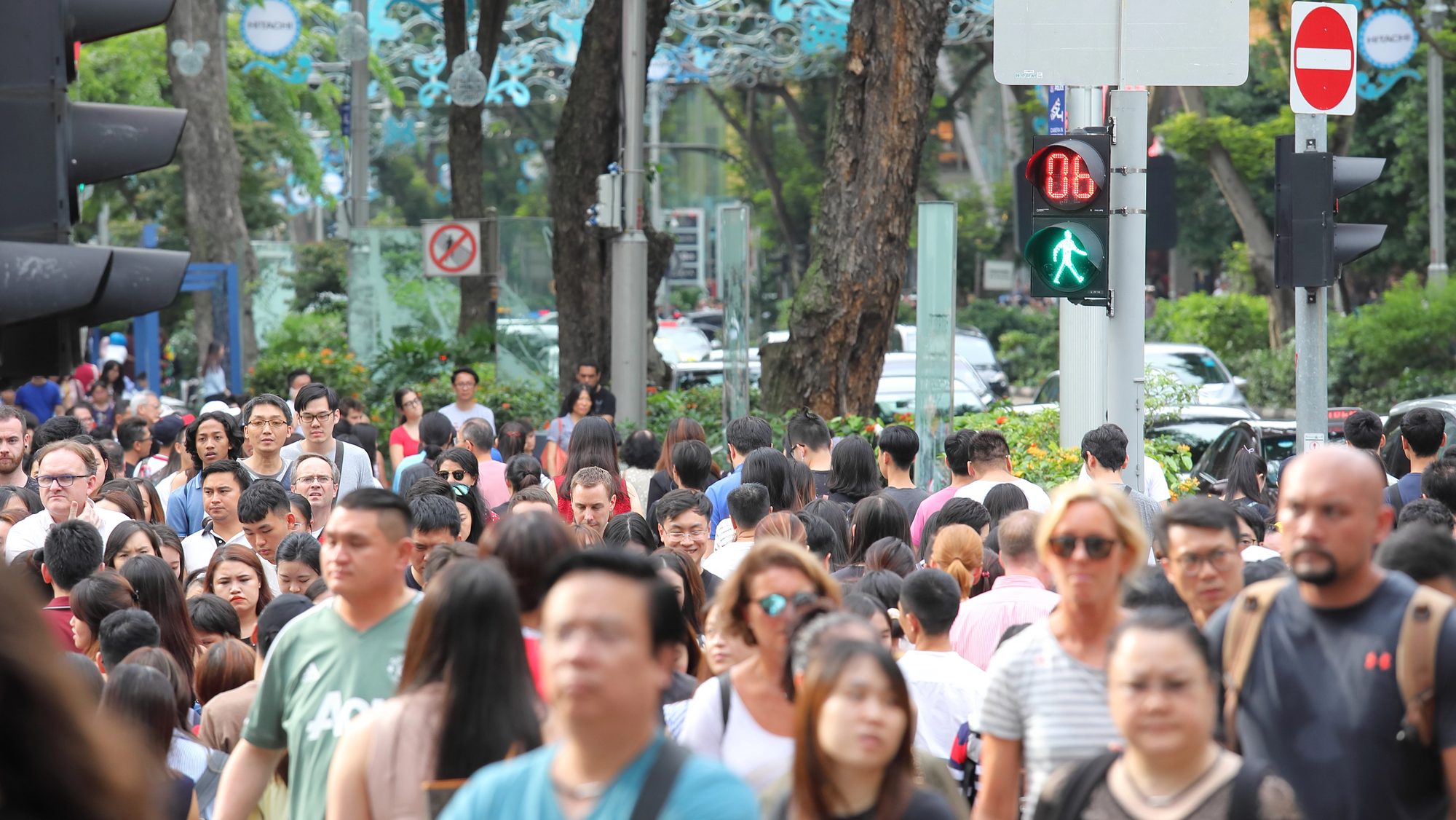SINGAPORE: A recent survey by Milieu Insight indicates mounting uneasiness among Southeast Asians about the newly imposed US tariffs on products from the region.
The US imposed the following tariffs on exports from the region: 46% on Vietnam, 36% on Thailand, 32% on Indonesia, 24% on Malaysia, 17% on the Philippines, and 10% on Singapore. The survey showed that “people in Southeast Asia are already anticipating economic pressure”, Milieu Insight founder and COO Gerald Ang said.
“There may be higher prices, which means Southeast Asians would have to adjust their spending habits and increasingly look to local products to fill the gap. This shift in sentiment could have lasting implications on both consumption patterns and economic slowdown in the region,” Ang added.
The survey, conducted across six Southeast Asian countries, disclosed that 73% of those polled were aware of the tariffs. Apprehensions about how the tariffs might influence daily life were particularly high in Vietnam (78%), followed by Thailand (75%), Indonesia (73%), and Singapore (72%). Malaysians showed relatively lower anxiety, at 63%.
A majority of Singaporeans (59%) and Filipinos (51%) assume the amplified outlays from businesses will be passed on to consumers if product prices escalate due to the tariffs. However, Thais (49%) and Vietnamese (48%) are more hopeful, expecting businesses to provide more rebates and upgrades instead.
Spending patterns have fluctuated
This altered insight has been converted into a more robust support for local products, with many people expressing a higher interest in locally made goods.
Eighty-seven per cent of those surveyed who are partial to global brands said the new tariffs made them decide to buy locally made products. Moreover, approximately 75% said they would reduce their purchase of imported goods or totally shift to local substitutes.
Electronics and gadgets were viewed as the most susceptible to tariff-related price increases in all the surveyed markets. In Singapore, 73% of respondents pointed to this grouping, followed by automobiles and transportation (55%) and household appliances (53%). Similar trends were observed in other countries, where 63% of respondents said electronics were most likely to be affected.
Are Southeast Asians confident their government can manage the impact?
Southeast Asians were divided on whether their governments could efficiently steer the economic consequences of these tariffs. Confidence is highest in Vietnam (81%) and Singapore (66%) followed by Malaysia (56%), while doubt prevails in Thailand (68% not confident) and the Philippines (61% not confident).
At some point, 42% of Southeast Asians said they would choose to cut their dependence on US imports by developing domestic industries, while 40% called for implementing price controls or protocols on important goods. Additionally, 34% anticipate that the government will introduce grants to sustain local customers and negotiate trade arrangements with other nations.

